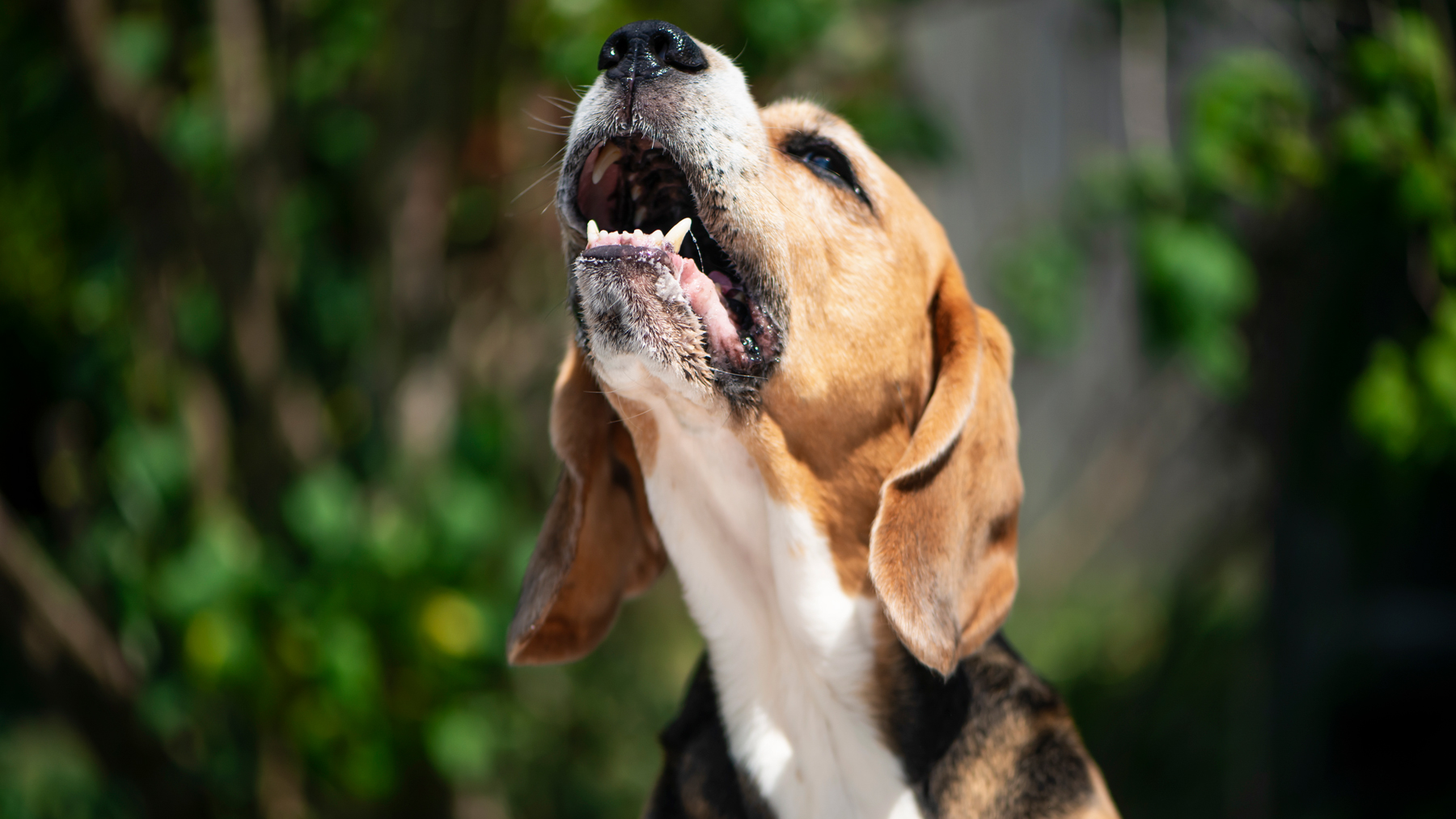Trainer reveals the biggest thing we do to make reactive dogs worse (and what to do instead)
Are you making your dog’s reactivity worse? Trainer shares the one mistake you want to avoid

Get the best advice, tips and top tech for your beloved Pets
You are now subscribed
Your newsletter sign-up was successful
Leash reactivity is a challenging issue that a lot of pet parents find themselves struggling to know how to fix.
Whether it's lunging, pulling or barking at other dogs or people while they're on the leash, reactivity can be very stressful to deal with.
Knowing how to calm a reactive dog is incredibly important in these situations and thankfully, expert trainer Adam Spivey has some thoughts on this issue.
In fact, we were surprised to learn just how important our reaction as owners is in managing our dog's behavior when we're out and about.
Read on as we share Spivey's advice on this below...
A post shared by Southend Dog Training (@southenddogtraining)
A photo posted by on
"The reason most dogs react is because you're late to the party," says Spivey.
"When you're walking, your dog's already clocked that other dog. You've clocked that dog too but you're busy wondering 'what am I going to do, what am I going to do?'
Get the best advice, tips and top tech for your beloved Pets
"You're so worried about that dog that you're no longer paying attention to the fact that your dog has now gone from looking to fixating."
Spivey says that at this moment your dog's body language will change from relaxed to stiff but all the while you're likely still letting the walk continue as you try to figure out what to do, bringing your pup closer to their trigger.
What then tends to happen is our dog reacts and we then go into firefighting mode, trying desperately to get them to stop barking or lunging by stroking them, telling them to stop, or trying to get them to sit.
So, what should we be doing instead?
Well, according to Spivey as soon as you notice your dog starting to pay attention to a trigger you want to move backwards which will cause your dog to spin around and move towards you in the opposite direction of the trigger.
"Breaking that focus will reset your dog," he explains.
You might also want to do something like a food scatter using the best dog treats as this will keep your dog's eyes on the ground and engage their nose, which is a great stress-reliever.
Check out these three causes of reactivity in dogs if you'd like to learn more about this issue or consult with a professional trainer if you feel your pup would benefit from some extra support.

Kathryn is a freelance writer who has been a member of the PetsRadar family since it launched in 2020. Highly experienced in her field, she's driven by a desire to provide pet parents with accurate, timely, and informative content that enables them to provide their fur friends with everything they need to thrive.
Kathryn works closely with vets and trainers to ensure all articles offer the most up-to-date information across a range of pet-related fields, from insights into health and behavior issues to tips on products and training.
When she’s not busy crafting the perfect sentence for her features, buying guides and news pieces, she can be found hanging out with her family (which includes one super sassy cat and a kitten), drinking copious amounts of Jasmine tea and reading all the books.
She has written for a range of publications, including Fit&Well, Top Ten Reviews, LiveScience, Goodto, and Product Hunt.
